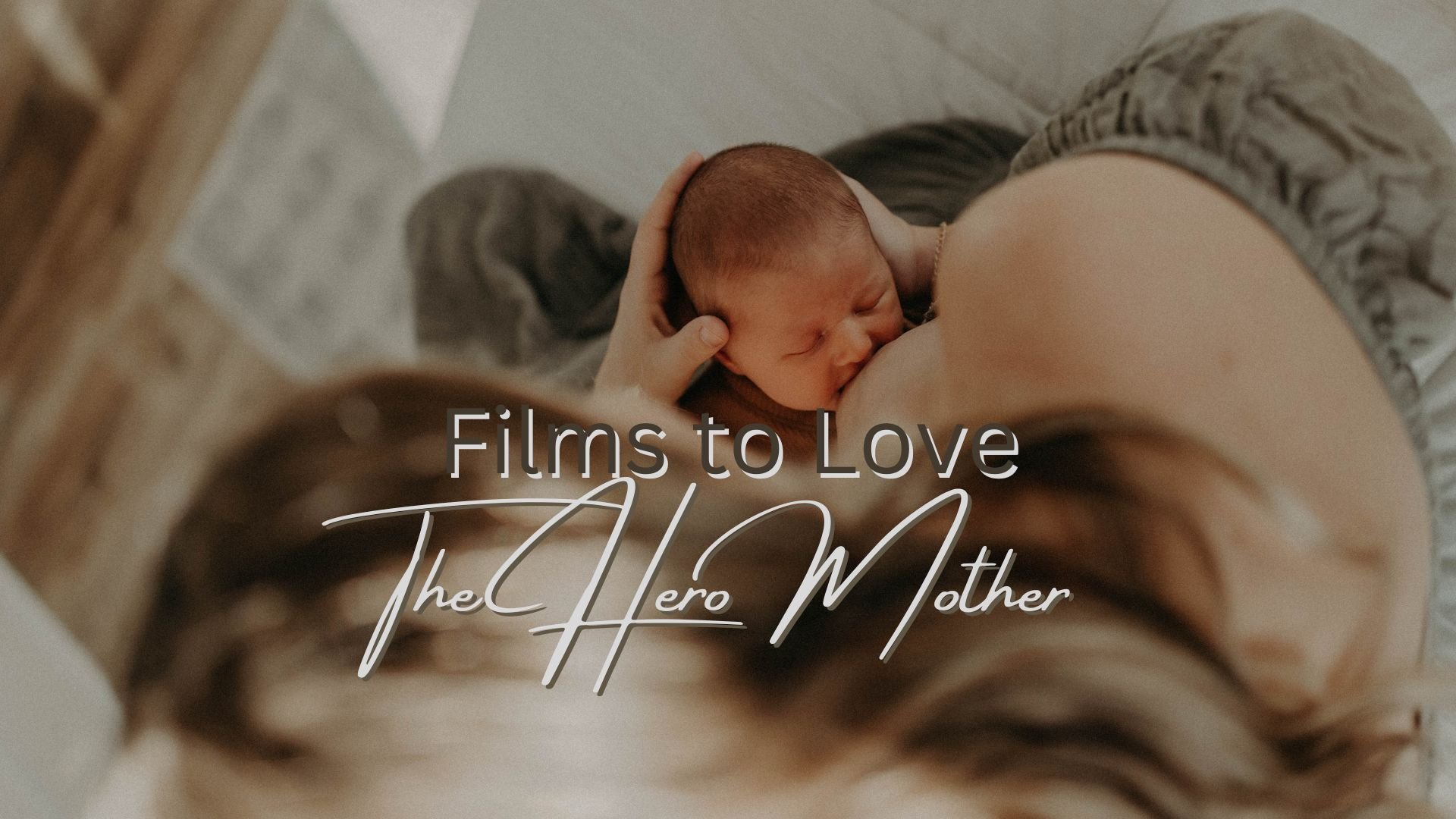Themes to Love: The Hero's Journey
I don’t know about most people, but I had an incredibly active imagination as a child. There was hardly a day when I didn’t pretend I was someone or somewhere else. Fallen trees became mansions with many rooms, for each of which I could tell you both the function and the décor. My mother’s old dresses were regal gowns I wore to grand occasions of state, and boxes became hideouts from pirates.
It’s not surprising, then, that as an adult I’ve always loved fantasy. Reading is the highest form of escapism, so why not choose to escape to a world where animals can talk, or where elves are the keepers of ancient wisdom (not to mention killer wardrobes) or perhaps discover you have powers you never knew you possessed? But there is another aspect of fantasy that has continually kept me coming back, kept me rereading and re-watching these stories. The hero or heroine often goes through unimaginable struggle in order to achieve a larger goal. They are tempted, they are tested, they suffer internal doubt and outward deception. But they emerge victorious, though changed from where they started.
This literary pattern was dubbed “The Hero’s Journey” by Joseph Campbell in 1949, but you can observe its influence from the dawn of storytelling.
You know the Hero’s Journey, even if you don’t realize it. Name a movie, and you can find traces of it. All my favorite stories use it. What is even more remarkable is that our lives today, this crazy new reality we’re all getting used to, also seems to follow this pattern, which makes us, by extension, the hero! And the best part is the hero [we] ALWAYS emerges victorious! So put on your cape and follow along:
Unfortunately, a wizard has never shown up on my doorstep inviting me on a dangerous quest for treasure and glory. I also have never received a letter from Hogwarts, despite assiduously searching my mail for many years. We have, however, been called to do something that no one living has ever been asked to do. The adventure is not always glamorous, but it is something only the hero can accomplish, even if he or she feels unequal to the task.
In the Lord of the Rings, Frodo confides to Gandalf,
“I wish the ring had never come to me. I wish none of this had happened.”
How many of us feel this way? We are all in different places with different cares, and yet I think we have all thought as Frodo did, that we would give anything for the simple pleasures we probably took for granted before Corona and Quarantine became part of our daily lives. Gandalf’s response, however, is one of the most perfect nuggets of wisdom I have ever come across in literature. He rejoins,
“So do all who live to see such times, but that is not for them to decide. All we have to decide is what to do with the time that is given to us.”
We do not have control over the circumstances in which we find ourselves, but we always have a choice in the manner in which we approach our circumstances.
Now that our hero has officially accepted the quest, it is time for him or her to leave the world of the known, and transition into the world of the unknown. Whether this is the underworld, a magical castle, a game that brings strange African creatures into your living room, or figuring out how to order groceries from the Publix Instacart app, our hero is in uncharted waters. For us today, instead of entering a new world, our world has gotten smaller. Our kingdom extends to the backyard and our journeys can be measured in feet instead of miles. Or, for our essential personnel, you are suddenly in a world where every day brings new risks of exposure and transference. Like the hero, this new world has given us new challenges to overcome. Job loss, homeschooling, separation from loved ones, loneliness, stagnation, worry for ourselves, worry for our parents or our children- the world at this stage can seem very bleak.
In the Voyage of the Dawn Treader (my favorite Narnia book, and highly underrated IMO!) our adventurers have stumbled into a Darkness which hides an island where nightmares come true. Their fears begin to cloud their judgement and overcome their ability to act. Our heroine, Lucy, in a moment of utter despair, cries out
“Aslan! Aslan! If you ever loved us at all, send us help now!”
Like Lucy, we may feel scared or lost. The beautiful thing about this moment in the story, and this stage, is Lucy realizes she is not alone. An albatross appears, and the ship follows it to safety; but as it circles the ship, it whispers to Lucy,
“Courage, Dear heart.”
Despite what our fears may tell us, we are not alone in this, and we have the tools to overcome our challenges. This time serves a very important purpose for ourselves and our hero. We learn new lessons and skills which better equip us to handle whatever lies ahead.
No story worth its salt would be complete without a final test. Heroes are lucky- their battles are beautifully choreographed and accompanied by epic scores. Although I’m not a huge fan of Star Wars 1-3 (I’m a purist; just give me 4-6 and I’m good), even I admit the Darth Maul lightsaber duel accompanied by John William’s score is magnificent, whatever the faults of the rest of the movie. Our battles don’t have a score. They usually don’t even have an audience. We wage quiet war in our souls, and rarely do people know when we might be at a breaking point. Here is where we do not merely follow the Hero’s Journey; we must learn from it. A true hero has a goal, usually an object they are trying to acquire or destroy. What are you questing for during this time? A hero would not get far if he or she didn’t have that object or goal in mind, and so too is our path made harder without a goal. Perhaps your goal is simply to feel comfortable in the stillness and silence we find ourselves in. Perhaps you want to finish a book. The possibilities are endless, all that remains is to choose.
The venerable Albus Dumbledore tells Harry:
“It is our choices that show what we truly are, far more than our abilities.”
The act of pursuing the grail, we know from legend, has a transformative effect. Seekers become changed, purified. We are being put through the fire, and with our eyes on the prize, we emerge on the other side a better version of ourselves.
None of us have reached this stage in our journey yet, so we can only turn to literature for inspiration and hope. We know from our heroes that the journey home is not always easy- and not because of outward danger. We wonder how life can ever be the same. Upon approaching the Shire, and what should have been a joyous homecoming, Frodo worries that:
“There is no real going back. Though I may come to the Shire, it will not seem the same; for I shall not be the same.”
This may be the case; we may find that things are different as we move forward. However, this does not mean that we are not home. During times of change, may we discover (or rediscover) that home is not a place or a routine, but the people we love and the time we share with them.
In the Last Battle, the world of Narnia is ended, and our friends go through the door into Aslan’s country. As they mourn the loss of this place they all loved, they realize that they haven’t lost Narnia at all, but all the things they loved about it are still with them. Digory, who saw the creation of Narnia, explains,
“All of the old Narnia that mattered, all the dear creatures, have been drawn into the real Narnia through the Door.”
Whatever happens on the other side of this mess, we can anchor in the knowledge that the people we love will be waiting for us there. We just have to follow our Hero’s Journey through to the final conclusion. This is why I keep coming back to these stories. The struggle of good vs. evil, the battle of a hero through overwhelming odds, the steadfast loyalty and love for what is right, and the ultimate triumph of good- these fictional stories give me hope for the real world.




















































